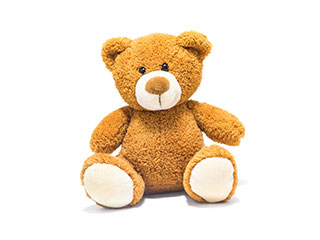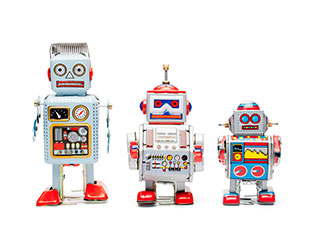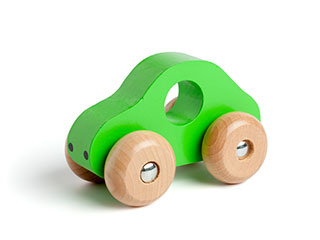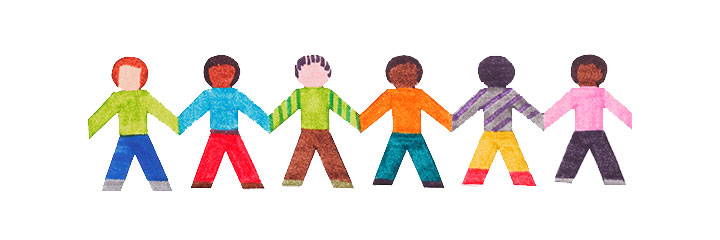

At Childminding UK we're passionate about the benefits that quality home based childcare can offer.
Registered childminders usually work from their own homes and young children and those experiencing childcare for the first time often cope better in these home based, family environments.
They benefit from home based activities like cooking, stories, messy play, dressing up, gardening and mealtimes, as well as outings to the park, library and group activities.
Children benefit from the close relationship they develop with their childminder and many have the same carer right through their school years.
Small groups ensure each child receives lots of attention to meet their individual needs. This is particularly important for babies, very young children and those with additional needs.

Some childminders may be able to provide overnight care and work at weekends.

Childminders offer care for children of all ages from birth to early teens.

Most childminders can drop-off and collect children from school, pre-school or nursery.

Childminders offer full or part time care. Many start before 8am and work after 6pm.
“Everything is very, very child focussed here and the children have so many opportunities to do so many different things. He goes out bug hunting on the fields, he goes to parks- there’s such a variety of different activities provided for the children and that applies inside the home as well.” Joseph’s Mum
“I like that it is home from home. That the childminder does the things with my children that I would do. The kids are happy, so I’m happy. Since being here and being around the other children, his speech has come on no end.” Prestons's Mum
“River has cystic fibrosis. Before River started, Hayley met with River’s specialist nurse who explained all the medication and answered any questions that Hayley and her back up childminder had. I felt really reassured.” River’s Mum
“… we felt he’d get a stronger level of development on a one-to-one basis than he would in a larger group environment. When we met with is childminder, we understood that he’ll still get that interaction with other children so we felt we were going to get the best of both worlds. The development and what they’ve learnt has been phenomenal- they love her to bits and she truly cares for them.” Theo’s Dad
“I think you get a very personal feel with childminding. Being an only child, Indie wasn’t so confident so I don’t know how she would have fared being in a much bigger situation. But here I like the personal touch, that’s why we chose childminding as opposed to nursery- it just works better for us.” Indie’s Mum
Before anyone can practice as a childminder they must have:
Anyone caring for at least one child under the age of 8 for pay or gain and for more than two hours cumulatively per day must register with Ofsted or a Childminder Agency.
Childminders must obtain a full Criminal Record Bureau Check and other checks to ensure medical fitness and suitability to care for other people’s children.
They must complete Introductory Training or have obtained a childcare qualification to enable them to understand and implement the statutory requirements.
All childminders must hold a full Paediatric First Aid certificate, which is achieved by 12 hours of training and is renewed every 3 years. Childminders should show you their current First Aid certificate.
All childminders must hold Public Liability Insurance that is designed specifically for childminders. Childminders should show you their Insurance certificate.
By law all childminders must follow the same statutory guidance for children's welfare, learning and development as all other early years settings, including day nurseries and pre-schools.
Ofsted are responsible for registering and regularly inspecting most childminders. Details and outcomes of these inspections are published on the Ofsted website.
Childminder Agencies register and inspect their own childminders, but the Agency is registered and inspected by Ofsted. Results are published on the Ofsted website.
The EYFS sets standards for the learning, development and care of your child from birth to 5 years old.
Childminders who care for children from birth to the end of their school reception year must comply with the requirements set out in the Statutory Framework for the Early Years Foundation Stage (EYFS) just like other out of school settings.
Childminders who care for children over 5 years (or from Year 1 at school) must comply with the requirements set out in the Childcare Register.
In total, including their own children and any other children they're responsible for, a childminder may look after:

six children under the age of 8.

three may be under the age of 5.

one may be under a year old.
are not included but will be taken into account to ensure the safety and welfare of all children.
Childminders need to work within the limits of her/his Public Liability insurance regarding numbers.
Childminders are self-employed and are responsible for setting their own fees. Government funded financial support is available. You may be entitled to:
To find what may be available to you visit Childcare Choices*
*Childcare Choices cover information for England but also provides access to similar schemes in Scotland, Wales and Northern Ireland.
Fees provide childminders with an income but they also need to cover all the associated costs of running their business such as heating, lighting, insurances, equipment, toys and activities, crafts, outings, and cleaning products.
It is important that you and your child are happy with the childminder you choose. You can find a childminder:
Each Local Authority produces an online list of all their registered childcare providers including childminders.
Help choosing the right Childminder Considerations for children who have additional needs
Often other parents can provide a recommendation for a childminder they or someone else has used. Many parents find this useful because it provides an opportunity for you to discuss the childminder and their approach with someone you know and trust.
Working closely with your childminder is essential for the well-being of your child.
When you start with a childminder you will be asked to complete paperwork about your child and the arrangements for childminding. This is to ensure that both parties fully understand the arrangements.
A childminder will play an essential role in the development of your child so building a relationship and working in partnership with them is vital. Some even become lifelong friends. We offer a range of resources to help build and maintain this relationship.
Download our 'Settling Children in' guide (PDF) Download our 'Working in Partnership' guide (PDF)
“River has cystic fibrosis. Before River started, Hayley met with River's specialist nurse who explained all the medication and answered any questions that Hayley and her back up childminder had. I felt really reassured.” River's Mum